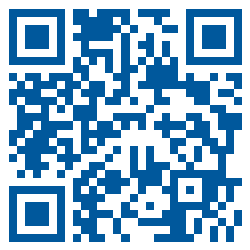Applicants do not need prior experience in healthcare, but should possess a caring attitude, a willingness to learn, and good IT skills. The position operates within a multi-disciplinary team, where technicians support diagnostic efforts using advanced technologies like visual field tests and imaging. Initially offered at Band 3, there is potential for advancement to Band 4 upon successful completion of training and competencies. This role is ideal for those seeking career progression and the opportunity to develop valuable skills in a fast-paced healthcare environment.
Are you looking for an opportunity that develops new skills with the potential for career progression, involves working with people, and allows you to develop your technological skills within a healthcare setting?
This post is in the Eye Unit Diagnostic Hubs. The clinical work will be initially centred around Glaucoma and Retinal cases, and you will be completing high quality diagnostics for Doctors and Optometrists to virtually review.
As this is an MSE wide role you will have a base site but may be asked to work at any of the MSE sites in the South Essex and Chelmsford areas. As travel across all our sites will be required a driving licence is essential. Our Hubs are at South Woodham Ferrers and Orsett. Our Hospitals are Orsett, Broomfield and Southend.
This is a fantastic opportunity for applicants that either have experience within the health care sector or are looking to take on a new career within healthcare. This opportunity will allow you to undertake work based learning with opportunities to progress.
Experience is not necessary for these roles, but you must have a caring and empathetic nature, be keen to learn and develop on a personal level and be IT literate whilst working in a busy complex environment.
This vacancy is a Band 3/4 subject to experience and completion of training.
Our technicians work alongside medical, nursing and allied health professionals to provide diagnostic support. You will be using a wide range of technology including visual field tests, medical photography, and imaging. Full training will of course be provided.
Ophthalmic technicians will function as part of the multi-disciplinary team (MDT) within the department, to provide a seamless service and high-quality care to patients with proximal supervision from a registered member of staff.
This is a fantastic opportunity for someone who is looking to develop and acquire new skills, knowledge, and competencies and you will join initially as a Band 3 and once competencies and training are completed you will move to a Band 4 subject to vacancies.
You will continue to develop and undertake a range of tasks and will require excellent communication skills and ability to demonstrate enthusiasm to develop their skills and knowledge.
About us
A
re you looking for an opportunity that develops new skills with the potential for career progression, then we want to hear from you?
For full details about this varied and rewarding role, please see attached job description.
We look forward to your application.

Stand by, we'll show you...